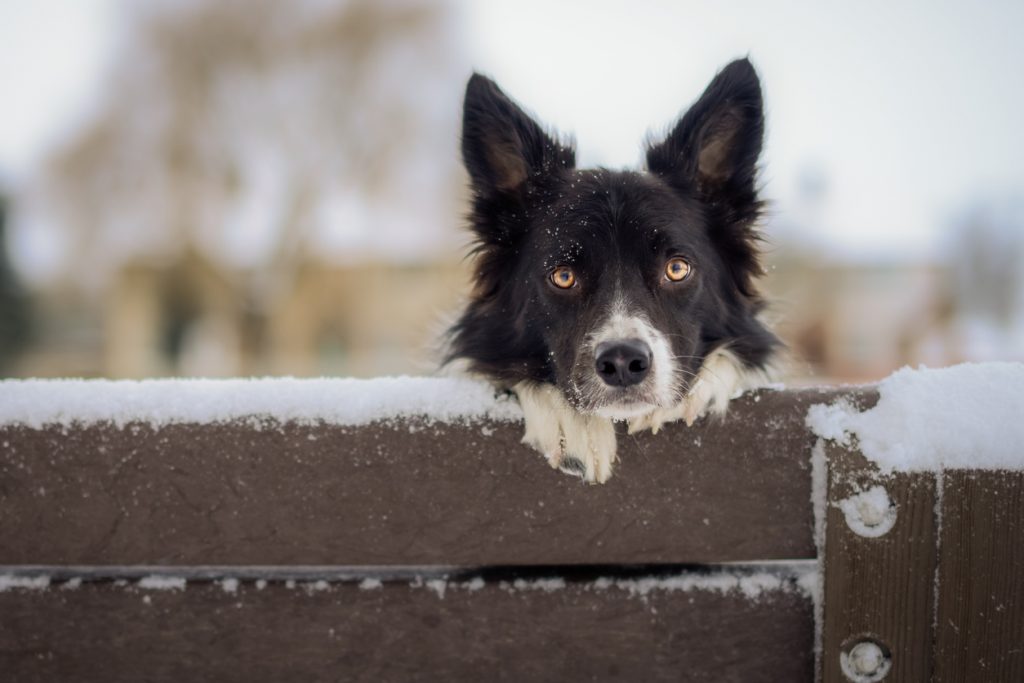Winter pet care
With media hype if not the Met Office itself predicting an Arctic winter this year, we can’t be too chilled out about our approach to pet care in the coming months.
Remember our animals feel the cold and changes in daily routines as the days grow shorter, just as we do, so it’s important to ensure that we take care of their needs too as we don our thermals and waterproofs. Young and old pets in particular need a bit of extra help to keep warm and comfortable during the dark and chilly months. Elderly pets suffering from joint pain from arthritis will be very susceptible and may need special treatment at this time, but all pets need extra care in winter. Follow these simple guidelines from Kingsway Vets to ensure the comfort of your animals:
DOGS
Depending on whether your dog generally lives indoors or outdoors will determine how long its coat grows in adapting to the environment. A pet used to the glory of central heating will have a much thinner coat than a working farm dog living out in its kennel, because it needs to shed its coat to stop itself overheating. Being aware of the contrast for the indoor dog is important – we wrap up warm before venturing out, but what about your pet?
- Clipping – certain breeds are likely to be clipped regularly, however this means they lose their natural waterproofing, so when they get wet on rainy days their coat will stay wet longer than it should. A waterproof coat is a good option.
- Working dogs – make sure your faithful servant has somewhere to shelter with a warm, draught free bed.
- Swimming – don’t let your dog swim in very cold rivers or walk on icy canals or lakes. This may mean exercising restraint if your dog has been used to swimming in the summer or likes to chase ducks!
CATS
- Litter tray – it’s perfectly natural for your normally well house-trained cat to get a bit lazy during the winter when it is cold and wet outside. Providing a cat litter option is a good idea and a better alternative than the cat holding themselves, which can cause cystitis, a common ailment in cats.
- Monitor diet – if your cat becomes less active then it may require a reduction in the amount of food you provide to stop him or her becoming overweight curled up by the radiator all day.
RABBITS & GUINEA PIGS
- Hutch position – move the hutch from outdoors to a shed or garage away from the elements, keeping it dry and draught-free.
- Bedding – in the same way that we might switch to a warmer tog rating on our quilt, remember to give your small furry friends some extra bedding in the winter months. Straw is ideal for this.
- Water – make sure your pets water bottle is insulated to stop it from freezing and check it regularly when the outside temperature is below freezing.
- Exercise – while outdoor exercise may not be an option during the winter months, give your pet the chance to run around in an indoor area to stop joints from stiffening.
- Food – keeping warm will mean your pet burns more energy and will need to eat more. Provide hay as a staple with fresh greens and pellet food for variety and extra vitamins.

